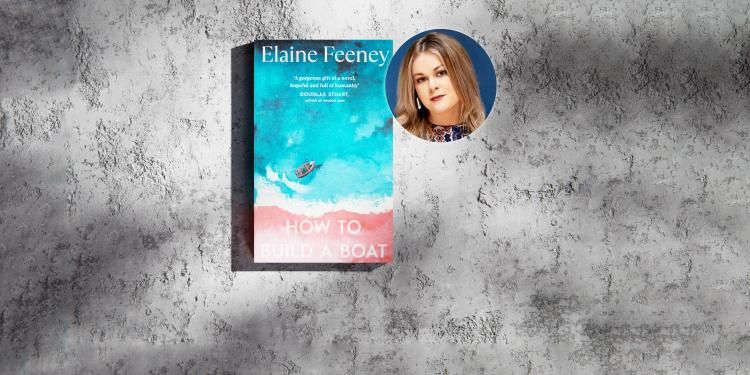Jamie, the 13-year-old boy at the centre of the story, has been described as neurodivergent by readers, yet you don’t label him within the text. As a parent of a neurodivergent child yourself, was it important that you resisted categorisation to avoid stereotypes, or ensure Jamie is not simply reduced to a condition?
Jamie was inspired by my son. He was hyperlexic as a very young child and this is a catalyst for the story. Jamie, of course, as characters do, soon grew into himself. Some readers say he’s a savant, but I disagree – I think his hyper articulation belies a naivety that can be powerful, but leaves him vulnerable.
Considering the book retrospectively, my writing impetus was parental anxiety: Can we live in an inclusive society by recognising each other, accepting one another without explanation of categorisation? Can we be tolerant? Essentially, will he be ok? It’s likely a primal concern for all parents. Therefore, the not labelling was an important consideration. I wanted the novel to speak to belonging without having to compromise who we are.
Jamie forges a connection with two of his teachers, who offer him guidance amid his grief. Several novels on this year’s longlist are centred around the aftermath of pain and trauma, and the way people respond individually and communally. What is it about pain that draws people together, and what made you want to explore this through your writing?
People often identify pain in each other without an explicit need to articulate it. As the characters developed, it became apparent they understood each other. A consequence of our thirst for individual success is sometimes the notion that this is attainable without other people.
When considering the ways we communicate, I am also interested in how off-kilter and missed communication can lead to further alienation. This is particularly resonant in the women I write. My women characters so often, seem in a state of stasis – this likely mirrors something intrinsic in me.
It is impossible not to consider pain and loss when writing.
Which book or books are you reading at the moment? In particular, are there any other Irish authors who you think deserve more recognition?
I am reading all the novels on this year’s longlist.
Poets always deserve more recognition, and as for the Irish, I would start with Jess Traynor’s The Quick and Pit Lullabies. Traynor writes the best hex poems. I also recommend Victoria Kennefick, Rita Ann Higgins, Martina Evans, Nithy Kasa, Oein DeBhairduin, Jane Clarke, Eleanor Hooker, Sarah Clancy and Liz Quirke.
I’m also reading Jamaican poet, Ishion Hutchinson and the work is extraordinary.
Do you have a favourite Booker-winning or Booker-shortlisted novel and, if so, why?
In recent years, I loved The Gathering by Anne Enright and Milkman By Anna Burns. I was thrilled when Douglas Stuart won, I think Shuggie Bain was a brilliantly political and timely read. And Percival Everett’s The Trees was genius.











